Holiday online shopping tips
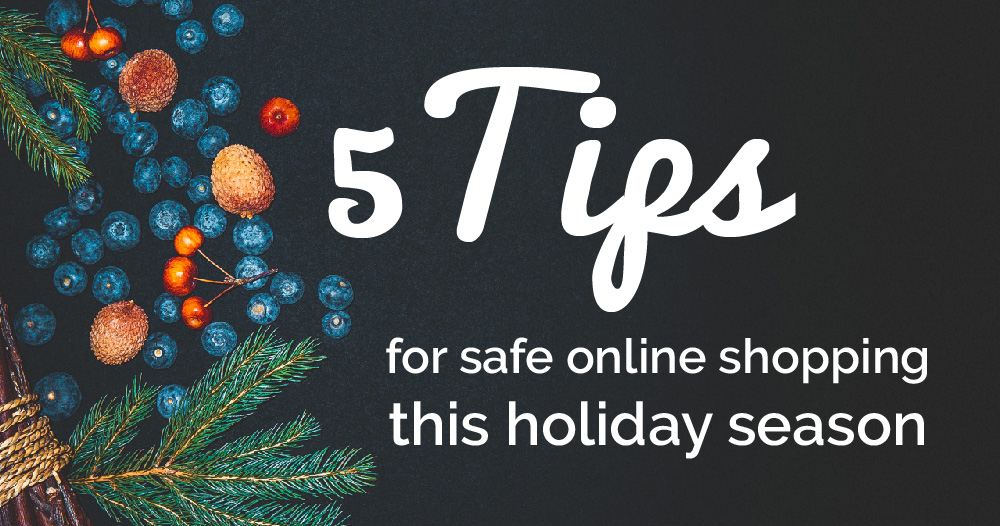

The holiday shopping season has officially arrived, and you have made the decision to do some or all your shopping online this year. Maybe the free shipping offers attracted you or maybe the items you are looking for are not available in brick-and-mortar stores. We all know online threats exist but here are some tips to help minimize your risk of becoming a victim of an online scam.
Read MoreWhat makes us vulnerable to data breaches? Cathy Hubbs tells all
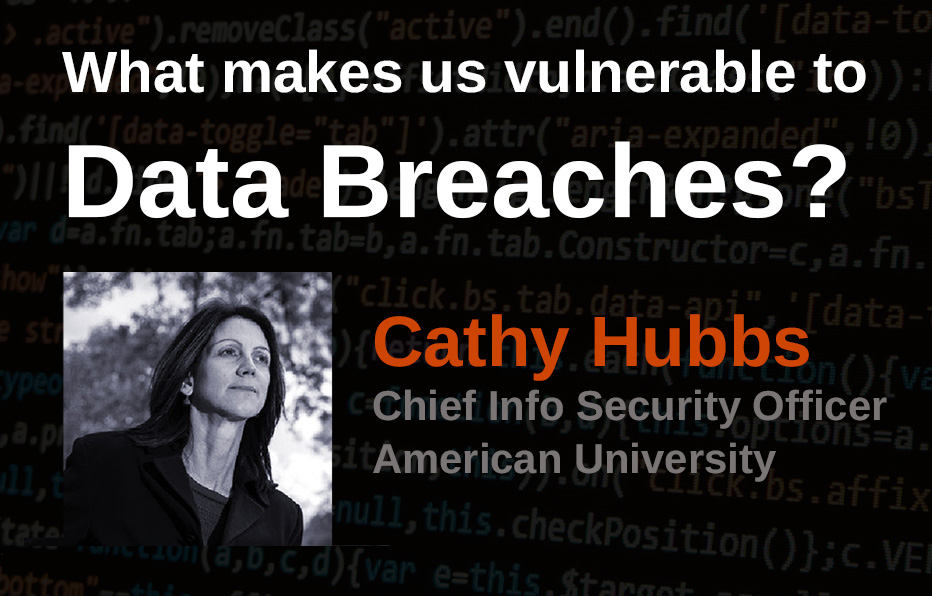
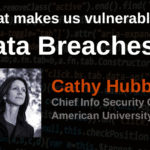
Cathy Hubbs, the Chief Information Security Officer at American University, holds an intricate job which entails identifying digital risks, as well as maintaining the University’s information security program. This is imperative to protect technologies and services faculty, staff, and students use on American’s campus every day.
Read MoreLastPass Password Manager: A Crash Course


LastPass, an easily downloadable internet extension for all browsers, is ideal for securely storing your passwords. Whether you’re someone who’s always forgetting a password, prefers to have a different password for every account, or anywhere in between, LastPass will become an essential tool for keeping your information safe and accessible.
Read More3 Common Tax Scams and How to Avoid Them


While you may think that you’re not at risk, if you possess a phone, an email address, or receive mail, you too could fall victim to a tax scam. Today, we’ll share a few ways you can detect common phishing schemes and keep your personal information safe this tax season.
Read More5 Tips for Blocking Hacker Attacks This Cyber Monday

Scammers often use social media, email, and text messages to trick you into giving away your personal information by getting you to click on links disguised as sales. Usually the links appear to come from a legitimate source, however clicking on them takes you to a malicious, but real-looking, page asking for your personal information. Today, we’ll share a few ways you can spot shopping scams and keep your personal information safe.
Read MoreTakeaways from National Cyber Security Awareness Month 2017
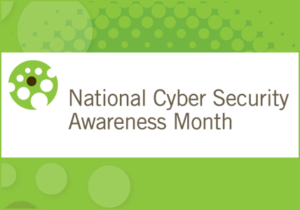
Every October, businesses, organizations, and individuals from around the work come together and participate in National Cyber Security Awareness Month (NCSAM) to promote online safety and cyber security awareness. This month, Elon’s Office of Information Technology has worked together to help make online safety approachable and accessible with weekly cyber security articles and quick tips for staying safe online.
Read MoreSecuring smart devices and protecting personal information
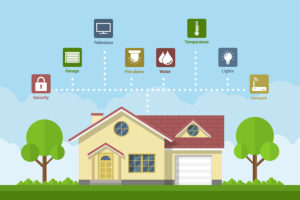
We live in a world of smart cities, connected devices, and digitized records. Smart devices allow us stay connected and updated on what is happening around the world, and help us keep up with our fast-paced lives. Although smart devices are immensely useful, they are fueled by our personal information, which can be dangerous. By …
Read MoreCreating a Culture of Cybersecurity in the Workplace

Data breaches are increasing every year and hackers are getting more advanced as security systems improve. Because of this, there are many ways for hackers to steal data in the workplace including when you share information online over an unsecure WiFi network or leave your computer unlocked. Fortunately, there are many ways for you, as …
Read MoreCybersecurity 101: 5 Quick Tips For Staying Safe Online

To kick off National Cyber Security Awareness Month, we’re sharing five simple tips for keeping your personal information safe from cyber attacks. While you may feel that you’re not at risk for a cyber attack, keep in mind that over 1.9 billion data records have been hacked during global cyber attacks in just the first half of 2017. It’s even possible that your information has been hacked without your knowledge.
Read MoreNCSAM 2017: Cyber security is our shared responsibility

This October marks the 13th anniversary of National Cyber Security Awareness Month (NCSAM)! Since its creation in 2004, NCSAM has been a respected source of cybersecurity tips and information for staying secure online.
Read More